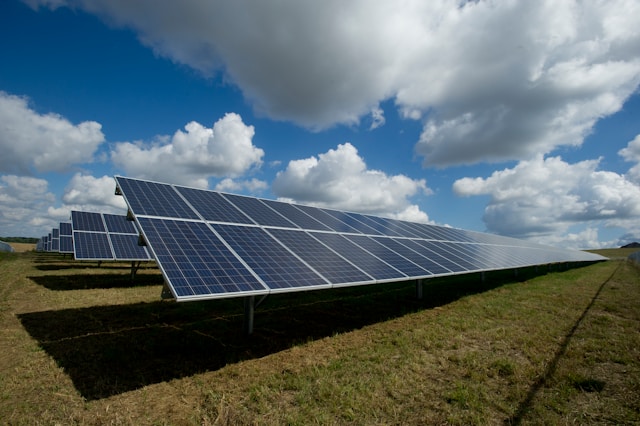The Future of Smart Homes
In the past, having a smart home seemed impossible. Presently, they are becoming mainstream. Things like connected lighting and voice-activated thermostats are influencing our lives. What will happen next? Besides making life more convenient, smart homes will focus on customization, electricity savings, and improved safety.
As smart technology becomes more integrated into daily life, it’s shaping everything from how we manage our homes to how we enjoy entertainment. Whether it’s setting up automated lighting or exploring immersive experiences like casino nova scotia online real money, the emphasis is on personalization, convenience, and security. These evolving technologies reflect the broader trend toward smarter, more responsive environments—both at home and online.
Smarter, Not Just Connected
Most modern smart homes connect devices so that they can communicate automatically. The future of homes will bring brilliant housing. They can follow your everyday routine, replace your typical actions, and choose for themselves.
In this case, your home could adjust the blinds when the sun is at its strongest or switch on the lights if you feel a particular mood pattern, not just at sunset or sunrise. Please think of the house as having the information you want or need before you ask for it.
Voice and Beyond: Natural Interfaces
The use of Alexa and Google Assistant began encouraging people to rely on voice commands instead of buttons. However, in the future, you could get by without speaking. DIPs are also experimenting with gestures, facial recognition, and brainwave sensors to make using electronic devices even simpler.
Can you see yourself entering the kitchen and your playlist of favorite songs starting up the second your posture indicates you’ll be cooking? Your fridge could even ask you to reorder milk if you’ve opened it several times this week. The goal is to ensure your home helps without being noticed as just another gadget.
Energy Use That Thinks for You
Smart homes also promise to tackle one of the biggest concerns in modern life: energy use. Today’s thermostats already learn from your preferences. Tomorrow’s systems will do more.
Your home could sync with the power grid, run appliances when energy is cheapest, or switch to solar if there’s extra sunlight. It might heat one room more than another based on your movement through the day. Even your washing machine might wait to run until your energy provider sends a notification about low-demand hours.
This shift will help not only your wallet but the planet, too. With climate change at the forefront of my mind, efficient homes will matter more than ever.
Safety That’s Always On
Future smart homes won’t just be about comfort—they’ll boost safety in ways we’re only beginning to understand. Right now, most systems send alerts to your phone. That’s helpful but not consistently enough.
Next-gen systems may include AI-powered cameras that can distinguish between a raccoon and a real threat. They could detect unusual behavior patterns—like a door opening when you’re usually asleep—and call for help automatically. For older adults, smart homes might monitor for falls or missed medications without invading privacy.
And in case of fire or gas leaks? Your home won’t just alert you—it might unlock the doors, turn on ventilation, and call emergency services within seconds.
Privacy and Control: The Trade-Off
As smart homes get smarter, there’s one issue that can’t be ignored: privacy. The more your home knows, the more data it collects. That data can help tailor your environment, but it also raises questions.
Who controls that information? Can it be hacked? Will companies sell it? These aren’t futuristic concerns—they’re current ones, and they’ll only grow in importance.
The best smart home tech of the future will balance intelligence with transparency. Users should be able to see what data is being used and decide what to share. Companies that get this right will likely lead the way.
Everything Working Together
One of the biggest frustrations today is that different smart devices don’t always play nicely together. A Google thermostat might not talk to an Apple camera. That’s changing.
New standards like Matter are being developed to make all smart home devices compatible, no Matter the brand. This will make setup easier, reduce confusion, and give users more choices. A brilliant home shouldn’t care what logo is on your light bulb—it should just work.
A Home That Grows With You
The most exciting thing about smart homes is how they can adapt over time. You don’t have to install every feature right away. As your needs change, your home can change with you.
Starting a family? Add smart baby monitors. Getting older? Install fall detection and voice-activated lights. Traveling more? Boost your security system. The tech is becoming more modular, more affordable, and more customizable with each passing year.
The smart home of the future won’t just be smart—it’ll be thoughtful. It’ll learn, adjust, and help without getting in the way. And while no device can replace the warmth of a home, innovative technology might help you enjoy that warmth a little more.

